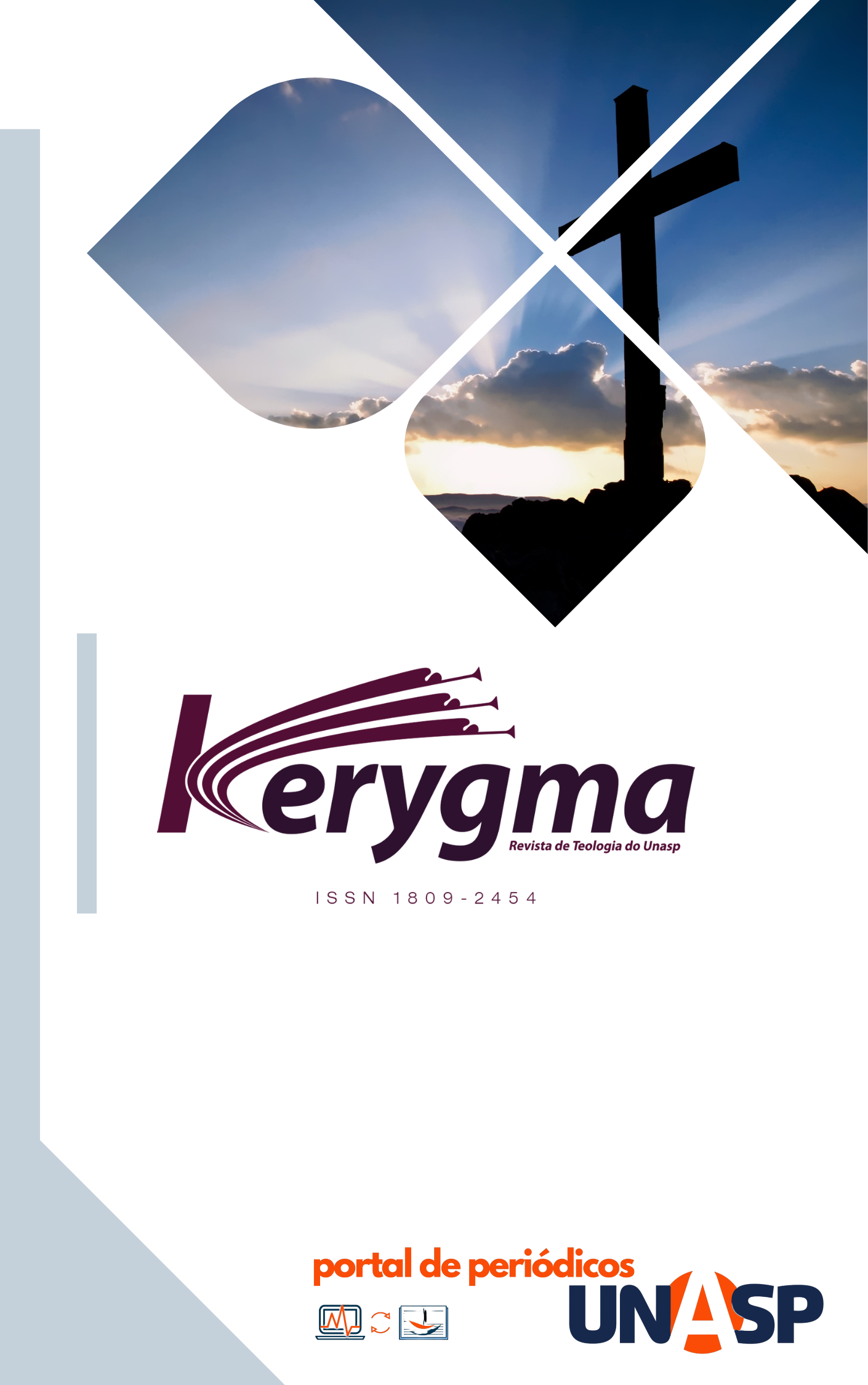Abstract
The present essay is a theoretical and exegetical exercise that seeks to analyze the relationship between humans and nature from a biblical-theological-ontological viewpoint. A careful inspection of the bible reveals that it has both the philosophical and the moral foundations necessary for humanity to use nature wisely, without being necessary to eliminate the idea of human exceptionalism. Instead of being a justification for degrading the natural world, Christian theology offers principles and values to guide the relationships between humanity and nature.
References
BERNARDIN, P. O império ecológico: a subversão da ecologia pelo globalismo. Campinas: Vide Editorial, 2015.
GRIM, J.; TUCKER, E. Ecology and religion. Londres: Island Press, 2014.
JOERSTAD, M. The Hebrew Bible and environmental ethics: humans, nonhumans, and the living landscape. Cambridge: Cambridge University Press, 2019.
JONES, P. Verdade do evangelho x mentiras pagãs. São Paulo: Cultura Cristã, 2007.
PROCTOR, J. D.; BERRY, E. Social science on religion and nature. In: in TAYLOR, B. (Ed.). Encyclopedia of religion and nature. Londres; Nova York: Thoemmes Continuum, 2005.
SCHAEFFER, F. A. Poluição e a morte do homem: uma perspectiva cristã da ecologia. São Paulo: Cultura Cristã, 1986.
STEFFEN, L. H. In defense of dominion. Environmental Ethics, v. 14, p. 63-80, 1992.
STOLL, R. M. Inherit the holy mountain: religion and the rise of American environmentalism. Nova York: Oxford University Press, 2015.
TAYLOR, B. (ed.) Encyclopedia of religion and nature. Londres; Nova York: Continuum, 2005.
WEXLER, J. When God isn’t green: a worldwide journey to places where religious practice and environmentalism collide. Boston: Beacon Press, 2016.
WHITE JR., L. The historic roots of our ecologic crisis. Science, v. 155, p. 1203-1207, mar. 1967.

This work is licensed under a Creative Commons Attribution 4.0 International License.
Copyright (c) 2022 Rodrigo Penna-Firme






